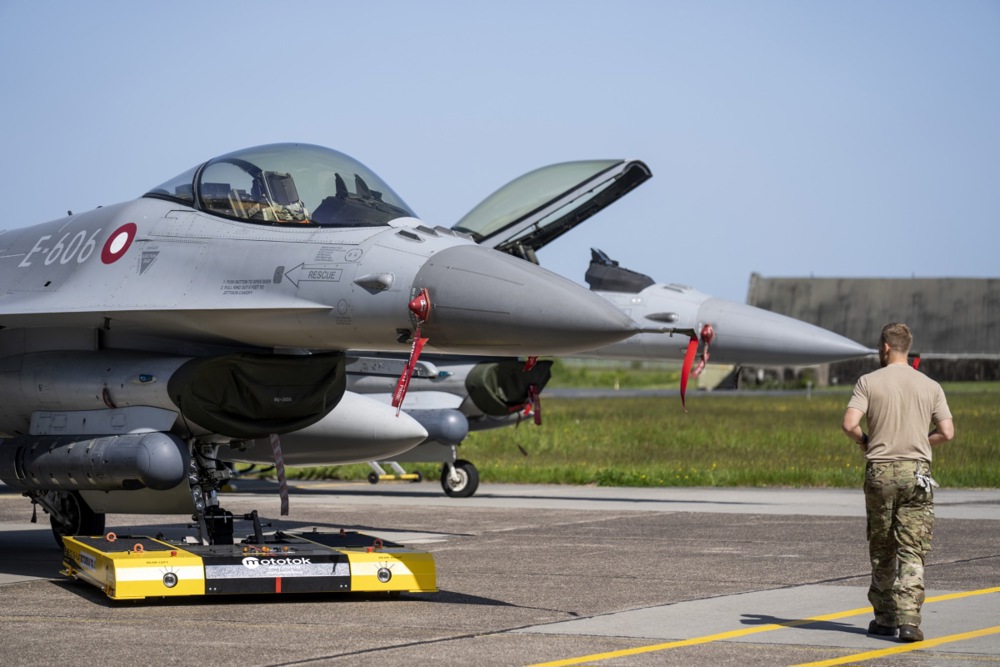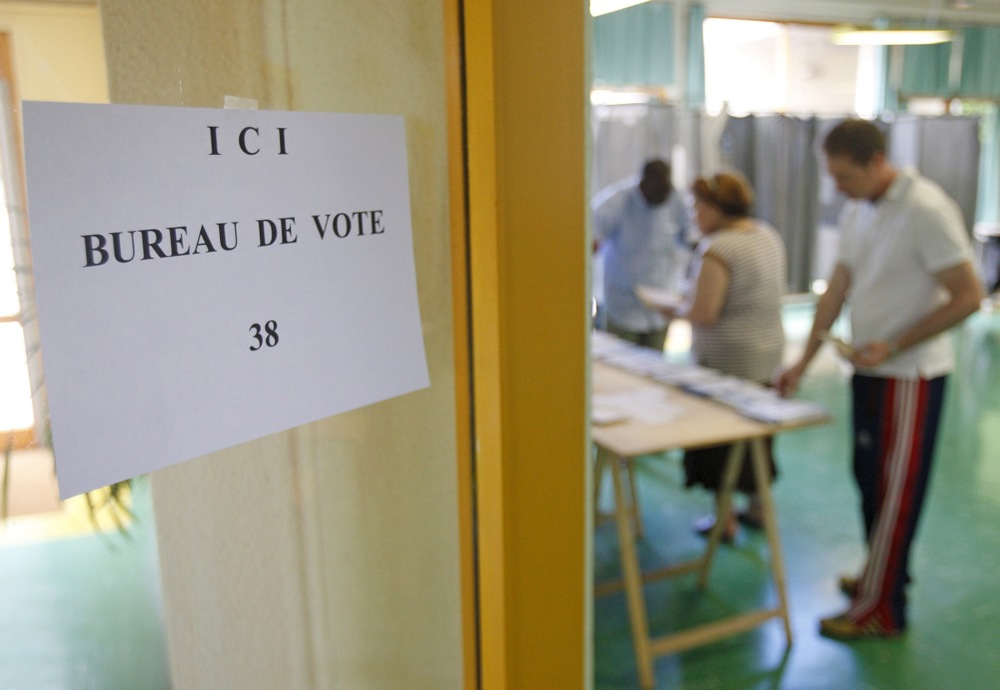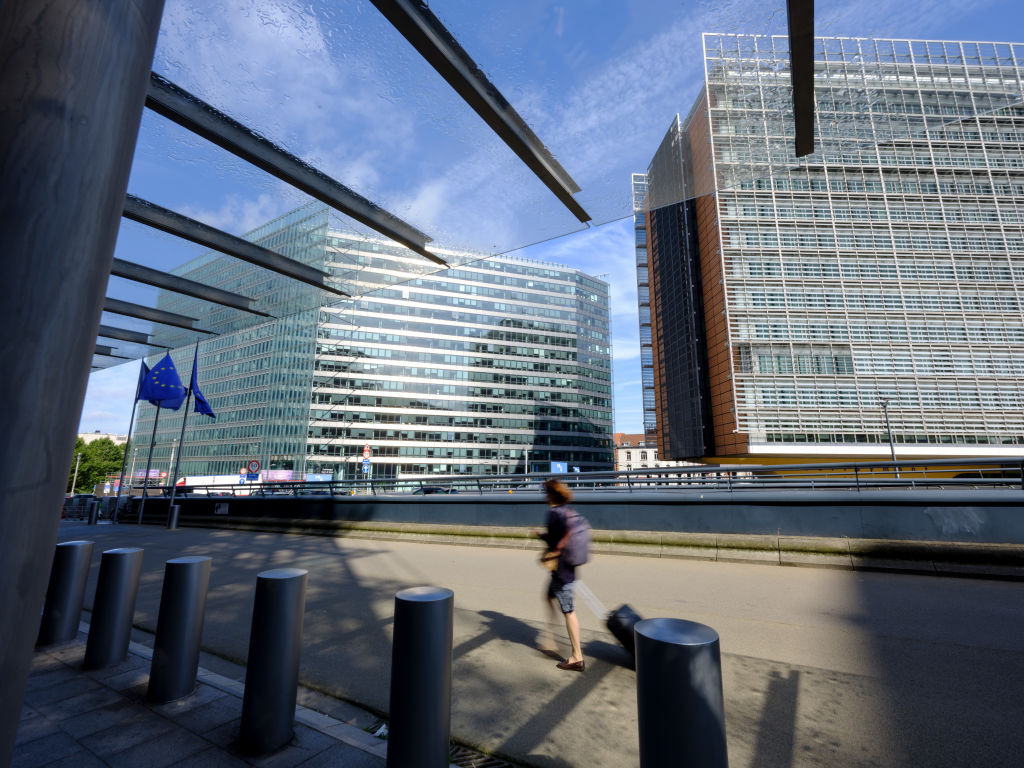The European Commission is under pressure regarding alleged safety issues to do with Boeing’s 737 MAX series of aircraft.
In a question first submitted late last year, Left group MEP Clare Daly quizzed Brussels about the safety-alert features on the US-made aircraft, suggesting that those currently installed on the jets may not be “sufficient”.
While there had been calls for a full retrofit of the plane’s crew-alert systems after a series of accidents involving MAX aircraft, the US Government ultimately decided to forgo mandating the changes. Instead it only required relatively minor alterations to be made to the alert system – over the next five years .
“The whole Boeing 737 Max generation has been allowed to continue operating a decentralised warning system at a 1977 standard,” Irish politician Daly said.
She suggested that the US decision to recertify the aircraft following several crashes – on which the EU’s recertification process was based – may not have been fully justified. Daly added that the European authorities must now “force” these jetliners to be retrofitted with improved alert systems.
Responding to Daly’s statements on February 27, the EC rejected the idea that the alert systems on the MAX aircraft needed to be replaced, saying instead that an investigation into the issue was “ongoing”.
“Boeing took the commitment to perform an evaluation of the Boeing 737 MAX Crew Alerting System,” said Commissioner for Transport Adina-Ioana Vălean.
“This activity is still on-going and is being performed jointly by Boeing and the FAA [US Federal Aviation Administration] with close [European Union] involvement.
“At this point, the review group has not yet decided if, or what, actions are required from Boeing,” Vălean concluded.
After several scandals hit the airline industry over the past 12 months, the European Commission has said an “in-depth” review into relevant safety protocols is underway. https://t.co/yK5YeOa2eM
— Brussels Signal (@brusselssignal) January 18, 2024
Daly’s query came amid increasing worldwide scrutiny regarding the airworthiness of the Boeing 737 MAX.
Having already been plagued by safety issues after its launch in 2017 and requiring recertification both in the US and Europe, questions are once again being asked after a cabin “blowout” in January.
While no one died during the incident involving Alaska Airlines flight 1282, experts have suggested it could have proved fatal had it occurred at higher altitude.
The accident has largely been blamed on Boeing’s quality-control framework, with the company axing the project’s former lead Ed Clark on February 20.
The controversy is likely to benefit the US aircraft maker’s European rival Airbus, which has already seen high sales of its Neo series of A320 and A321 jets.
It has proven more taxing for Ireland-based Ryanair, one of Europe’s largest airlines, which operates more 737 MAX 8-200 aircraft than any other carrier in the world.
Company CEO Michael O’Leary has been vocal in his backing of Boeing throughout the current controversy. He promised to buy any forthcoming 737 MAX 10 aircraft pre-ordered by other airlines, should they decide to opt out of their purchases.
“We have told them if some of these American airlines don’t want to take the MAX 10 aircraft, Ryanair will take those aircraft,” he said.
According to the Irish firm’s website, Ryanair already has 400 of the next-gen MAX 10 aircraft on order, with the carrier saying it expected the passenger planes to receive EU certification “sometime in 2025”.
Ireland’s Ryanair, one of Europe’s largest airlines, has publicly “fact-checked” the country’s ruling Green Party amid a growing public feud between the two organisations. https://t.co/XyFZSRZkwz
— Brussels Signal (@brusselssignal) February 8, 2024





